Welcome back to the Stairway to Wisdom!
This week's book breakdown features The Velvet Rope Economy, by Nelson D. Schwartz, an incredibly thought-provoking book about the growing divide between rich and poor, and how huge numbers of consumers are finding themselves priced out of the American dream.
In this issue of the newsletter, we've also got a profile on the King of Horror, Stephen King, three books that will show you how to become a star student, wisdom from a wonderful book that will help you decide what to say "Hell Yeah" to, and more!
So let's get started!
Latest Release: The Velvet Rope Economy
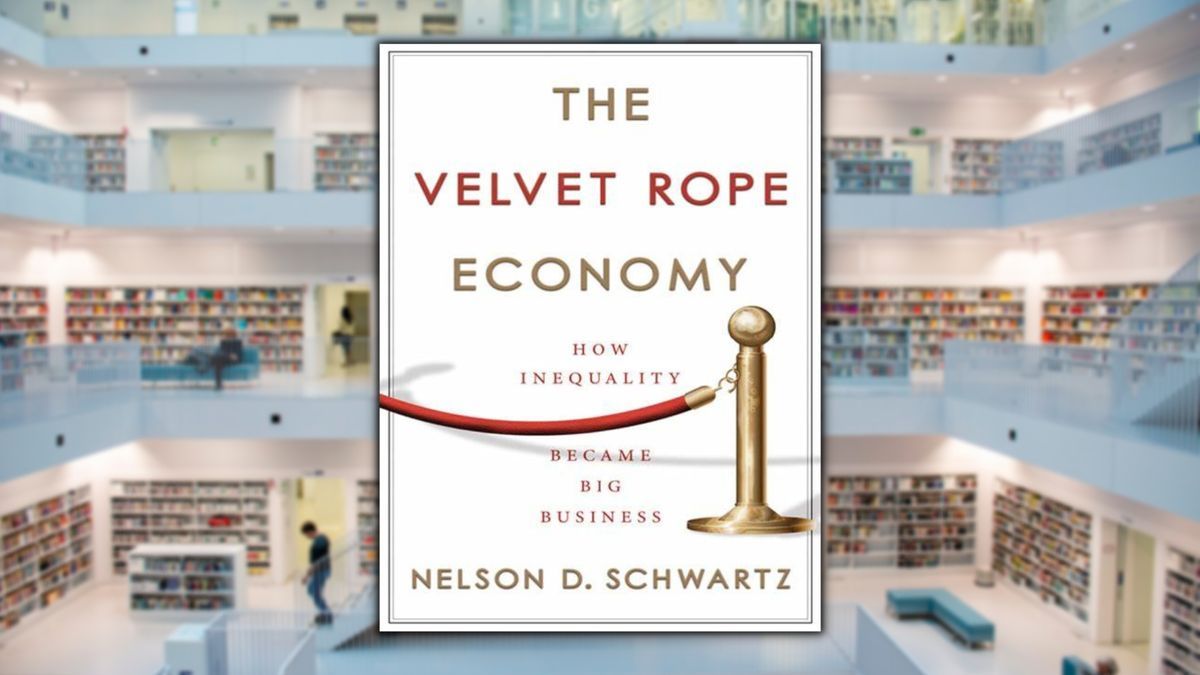
“Whatever the arena in contemporary life – health care, education, work, travel and leisure – on the right side of the rope is a friction-free existence where, for a price, needs are anticipated and catered to. Red tape is cut, lines are jumped, appointments are secured, and doors are opened.
On the other side of the Velvet Rope, friction is practically the defining characteristic, with middle- and working-class Americans facing an increasingly Darwinian fight for a decent seat on the plane, a place in line with their kids at the amusement park, a college scholarship, or a doctor’s appointment.”
In the near future, society will be divided between the have-nots and the have-yachts. Between the people who have just enough, and the people who have more than they could ever need or spend.
Even though we are lifting people out of extreme poverty at an unprecedented rate, the very wealthiest people in the world are also adding to their riches at an unprecedented rate, and the reigning theory is that this is going to continue to cause big, potentially harmful changes in the economic landscape going forward.
With that background in mind, Nelson D. Schwartz’s book is about the increasing split between the segment of consumers that are willing and able to pay for extra privileges and accommodations, and those who will have to take what they can get in this two-tier system.
Schwartz is an economics reporter for The New York Times, and The Velvet Rope Economy is his sometimes intriguing, sometimes infuriating, but always illuminating investigation into the invisible rift that divides how poor Americans and rich Americans live.
In numerous areas, from health care, schooling, travel, leisure, and more, there is something akin to a velvet rope separating those have-nots and the have-yachts, yielding outrageously skewed, unfair outcomes in a country that claims to offer unlimited freedom and opportunity.
This is a challenging book; not for its difficulty level, style, or language, but simply because it forces you to think deeply about what this trend could mean for our public spaces and how we relate to each other as individuals.
Schwartz’s contention is that as the better-off contribute less and less to the public good, the quality of our public spaces – and even our public discourse – will steadily depreciate and degrade, and the entire fabric of society will be worse off than it was before.
This is one of the better nonfiction books I’ve read in recent memory, and open-minded thinkers of all political persuasions would benefit mightily from reading it. While engaging with Schwartz's arguments, I didn’t feel as though I was being pressured to accept a political agenda; instead, I just felt as though someone who cared deeply about the less fortunate was trying to get me to pay attention to something incredibly important and real.
Nelson D. Schwartz plays the part of the lookout on the Titanic which is the ship of American inequality. We have time to veer away from the iceberg we've built with the unfairness of our current system. But the 1st Class passengers need to start talking to the Coach passengers, and the ideas put forth in this book represent an excellent first meeting place.
--> Read the rest at the Stairway to Wisdom!
Inside the Mind: Stephen King
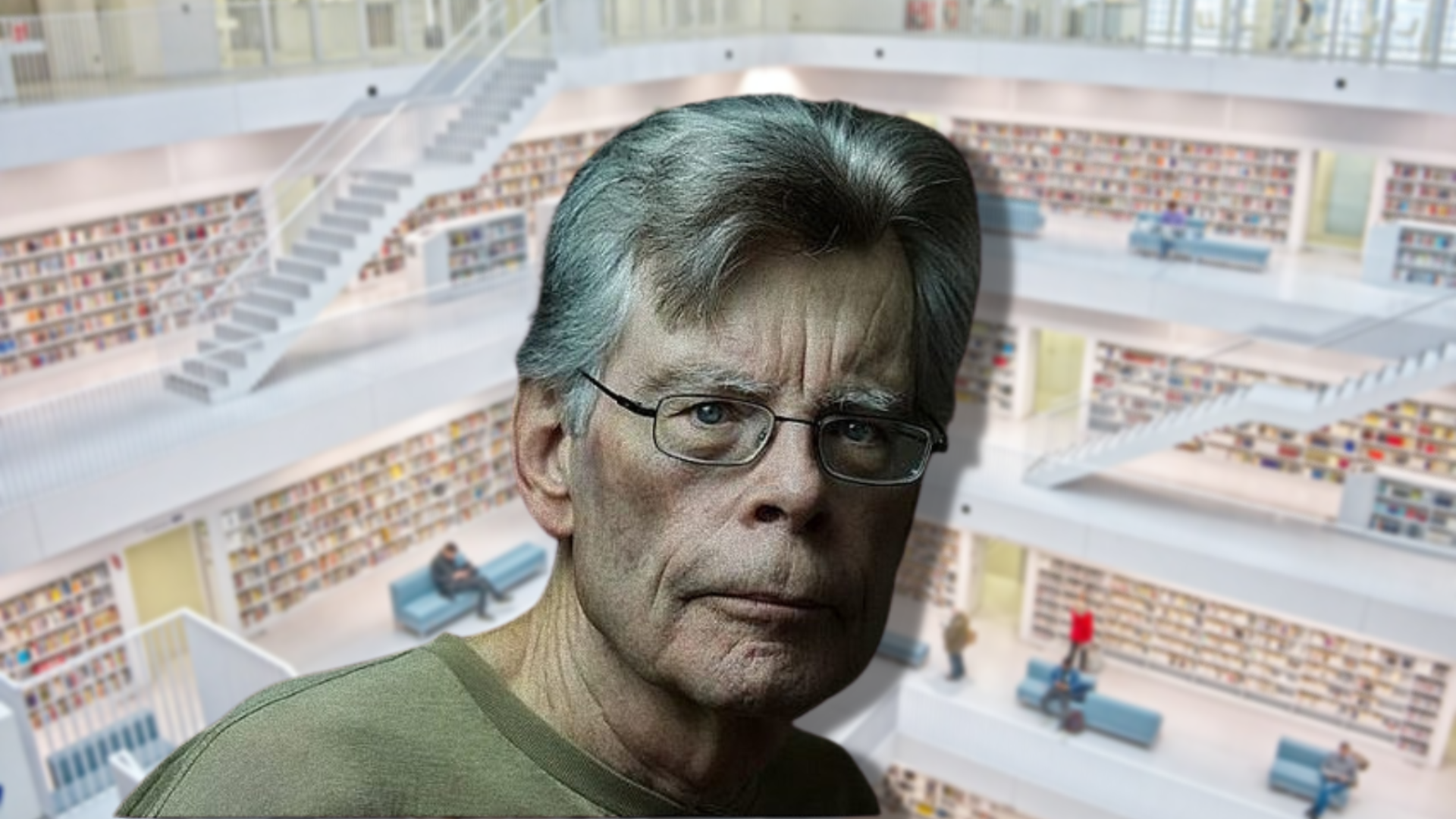
Inside the Mind is where we take you deeper into the life and thought of a major literary figure, someone who has had an extraordinary impact on our collective knowledge and wisdom.
Today I'm featuring Stephen King (born September 21, 1947), an American author of horror, science-fiction, and fantasy novels, among other genres, whose books have sold nearly 400 million copies.
He's also the author of one of the best books about the craft of writing, called On Writing. I recommend it to virtually everyone, regardless of whether they write horror - or even whether they plan on ever publishing anything at all. Seriously. Even if you just read a lot and love books, King's your guy.
The first part of the book is autobiographical, and the latter part is more technical (man, does he dislike adverbs!), and one of my favorite stories is about rejection slips. At the beginning of his career, when his short stories were getting rejected left and right, he used to stick them up on his wall using a nail. That is, until he received so many that the nail couldn't hold them all. At which point, he replaced the nail with a big metal spike and just kept on writing!
On Writing is full of great stories and lessons like that, and it helped me to remember that what makes you extraordinary isn't necessarily what you do, but how long you're willing to do it for.
King is also a champion of reading and literacy, and he's rarely seen in public without a book. He says that in order to write well, you have to read a lot and write a lot, and for the above reasons and more, I think he's inspirational no matter what your chosen genre.
A Few Quotes from Stephen King:
“Books are a uniquely portable magic.”
“Books are the perfect entertainment: no commercials, no batteries, hours of enjoyment for each dollar spent. What I wonder is why everybody doesn't carry a book around for those inevitable dead spots in life.”
“Speaking personally, you can have my gun, but you'll take my book when you pry my cold, dead fingers off of the binding.”
Start with This Book: The Shining, by Stephen King
Another Good Place to Start: It, by Stephen King
Wisdom in Action: Hell Yeah or No
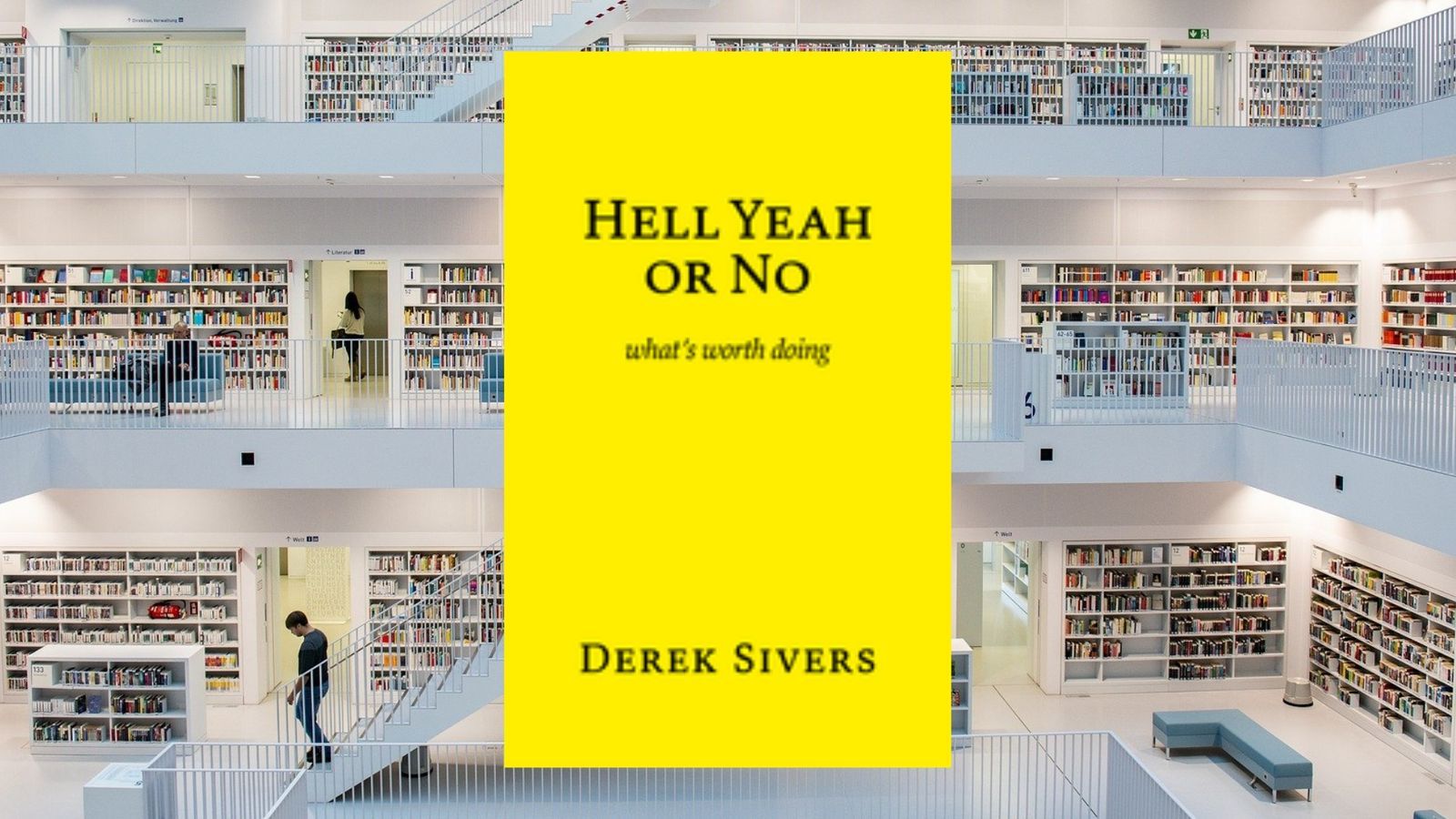
You'll notice that every book summary in The Stairway to Wisdom comes with Action Steps. That's because when you really want to bring about changes in your life, knowledge is not enough.
After learning and knowing, you must do.
We want every one of our readers to see and feel their lives changing for the better, immediately and over time.
So in this section, we've taken the first three Action Steps from Hell Yeah or No, by Derek Sivers, an extremely wise and practical book about how to decide what to devote your life to, and put them right in front of you so that you can take action today:
#1: Create a "Possible Futures" Folder
There are just way too many paths available to us in life to be able to choose all of them. Perhaps that's obvious, but what Derek suggests is filing these alternate futures away for a while where we can find them later.
This encourages us to daydream just for the sake of it. Then, when we're feeling a little bit lost, or simply want to choose our next adventure, we can consult the list and shake things up a bit.
To do this, simply create a Word file on your computer labeled "Possible Futures" - or something similar - and write down as many plans for alternate futures for yourself as you want.
Each plan is one of many possible futures that might happen or not. There's one in which you go back to university for some creative writing courses. There's another one where you enlist in the Army. A third where you start that consulting business for sports trainers, etc.
Your future is wide open, and you'll never be able to live all of these lives, but all your possible lives will now be in one place so you can start living them whenever you want.
#2: Do Something Useless
Not everything you do needs to have a purpose. I know, I know, the rest of society is screaming at us to increase our "productivity" - but we don't have to listen.
We can just do stuff for the sake of it, and you know, enjoy ourselves for a bit while we accomplish exactly nothing.
Step outside your front door and keep putting one foot in front of the other until you decide to turn around and go home. Buy tickets to a show that you have absolutely no interest in, or wouldn't usually go to. It doesn't matter, and it's completely up to you. All that does matter is that you break free of the idea that you have to "become" something.
#3: Flow with Your Demotivation
When you're feeling extremely demotivated, do something that you never feel like doing anyway. It could be laundry, dishes, your taxes, etc. You'll never feel like doing those things, so when you don't feel like doing anything, it won't matter what you do, and you can just bang out these random chores and tasks that you'll never want to do. Problem solved!
Read the Full Breakdown: Hell Yeah or No, by Derek Sivers
From the World of Reading: New Book Alert
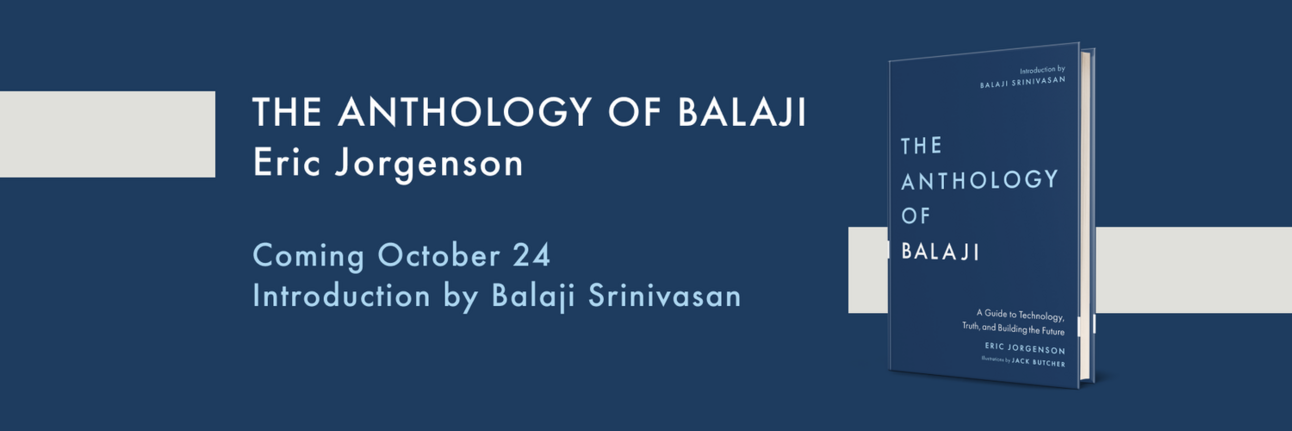
Okay, so Eric Jorgenson is another author who, when he comes out with a new book, I just buy it, no questions asked.
I’ve written a complete breakdown of one of his earlier books, The Almanack of Naval Ravikant (highly recommend), and I’ve even read his super-short but super-valuable Career Advice for Uniquely Ambitious People.
Now he’s coming out with a new book, and I’m eagerly awaiting this one as well! You just know it’s going to be good.
Balaji Srinivasan is an angel investor and author of The Network State, and here’s what Eric’s Anthology is all about:
"Want to sit with Balaji and spend a few hours deep in conversation to absorb all of his biggest ideas?
That’s exactly what this book feels like. It has all of the most useful and timeless ideas from tweets, podcasts, and essays across his entire career.
Balaji is a brilliant entrepreneur, investor, and futurist. Applying his unique perspective will help you see opportunities, identify breakthrough technologies, and build something tremendous.
This book is a guide to thinking for yourself, seeing possible futures, and learning how to build a piece of the future. By reading this book, you might pick the next great investment, start a billion-dollar company, or start an entirely new country."
Source: The Reading Life
Learn This Concept: Learned Hopefulness

Learned hopefulness is the ability to learn from past experiences and use that knowledge to maintain hope for the future.
In contrast to learned helplessness, where, through negative experience, we "learn" that we have less control over what happens to us than we thought, learned hopefulness is the process of changing what we believe we can control for the better. When you have learned hopefulness, you realize that you have the power to shape your own future. It's where we successfully climb one mountain and then ask ourselves, "What other mountains can I climb?"
Both terms represent mental reappraisals where we shift the level of control we believe we have over our own future either negatively or positively. The truly astonishing part of all this is that not only is hope essential, but it's also teachable. We can learn to exert more control over the direction of our own lives. We can learn hopefulness.
Further Reading: Learned Hopefulness
Three Books: How to Become a Star Student

There is a book for every problem you could ever face. Whatever it is that you're dealing with, someone else has also gone through something similar, come out stronger on the other side, and written about it in a book.
With that in mind, here are three books that can show you how to upgrade your brain, push past your perceived limits, excel at school, and, most importantly, help you decide what to study in the first place:
Make It Stick, by Peter C. Brown, Henry L. Roediger III, and Mark A. McDaniel:
“It comes down to the simple but no less profound truth that effortful learning changes the brain, building new connections and capability. This single fact - that our intellectual abilities are not fixed from birth but are, to a considerable degree, ours to shape - is a resounding answer to the nagging voice that too often asks us, 'Why bother?'
We make the effort because the effort itself extends the boundaries of our abilities. What we do shapes who we become and what we're capable of doing. The more we do, the more we can do."
This Book Breakdown contains 10 Key Ideas, 3 Action Steps, and 60 Book Notes. Read It Here.
Limitless, by Jim Kwik:
“Often our greatest struggles lead to our greatest strengths. My two biggest challenges as a child were learning and public speaking. Life has a sense of humor because I spend most of my life public speaking on learning.
I couldn't read, and now I teach people from all over the world how to read better. I struggled to understand my brain, and now I speak in front of audiences of thousands to help them understand the amazing tool they possess."
This Book Breakdown contains 8 Key Ideas, 5 Action Steps, and 33 Book Notes. Read It Here.
Excellent Sheep, by William Deresiewicz:
“The purpose of college, to put all this another way, is to turn adolescents into adults. You needn’t go to school for that, but if you’re going to be there anyway, then that’s the most important thing to get accomplished. That is the true education: accept no substitutes."
This Book Breakdown contains 10 Key Ideas, 5 Action Steps, and 18 Book Notes. Read It Here.
Upgrade Your Reading:
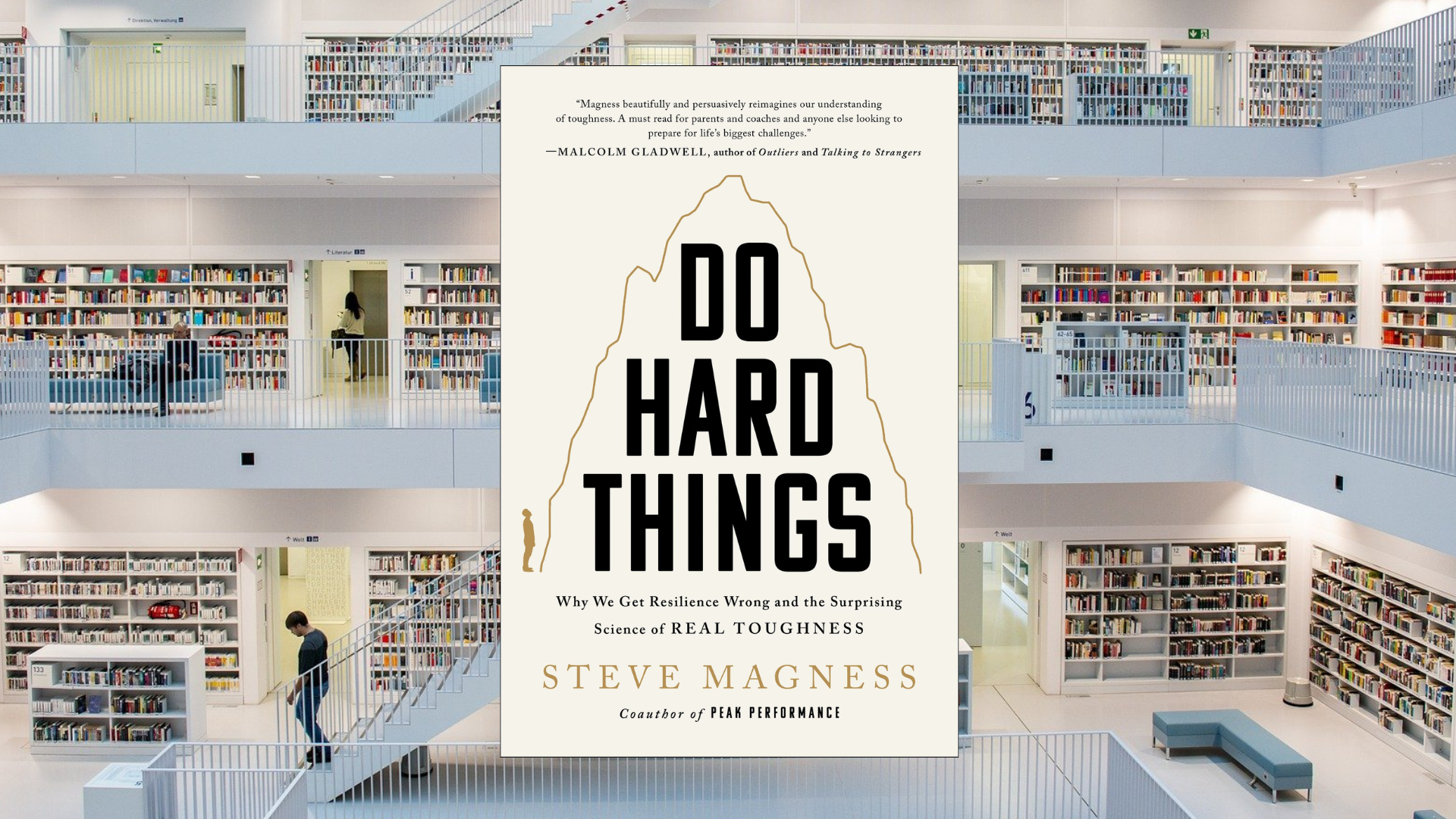
There's an excellent book about toughness called Do Hard Things, by Steve Magness, that also has applications to the art of reading.
In the book, there's a major emphasis on the value of responding thoughtfully to discomfort, rather than just pushing through in all situations. Choosing a different response based on an accurate assessment of the challenge in front of you, your capabilities and ability to meet it, etc.
Magness explains:
“Real toughness is experiencing discomfort or distress, leaning in, paying attention, and creating space to take thoughtful action. It’s maintaining a clear head to be able to make the appropriate decision.
Toughness is navigating discomfort to make the best decision you can. And research shows that this model of toughness is more effective at getting results than the old one.”
Reading different books, and reading books of various difficulty levels and importance is quite similar in that different books will call for different reading strategies, and different readers have to know when they're called for and when they're not.
When to speed up and consume more words faster, when to slow down and give it the proper attention to detail the text deserves; when to aggressively question the author's claims, and when to submit to the fact that they are the expert and you're not. I mean, you should always question any author's claims, but you know what I mean.
Reading is a skill. It's an incredibly difficult skill to master, just like toughness. And if you read every book at the same speed and with the same attitude and asking the same questions, it's likely that you may have missed something.
Further Reading: Do Hard Things, by Steve Magness
Study Notes: No B.S. Time Management for Entrepreneurs, by Dan S. Kennedy

This book is a phenomenon. Dan’s is a radical approach to time management that I strongly resonated with because of his deep, visceral knowledge of how valuable time actually is. He gets it, and what do you know? I ended up with fifteen pages of notes from this one.
Okay, so for one thing, Dan refuses to communicate either by phone or email. He insists that anyone who wants to get in touch with him do so by fax. It’s one of his “rules of engagement” and it stems from his (correct) observation that way more thought gets put into faxes than emails. You actually have to think ahead when you send a fax, whereas with email, any pinhead can just ping you whenever a new thought pops into their head. But that’s not even the half of it…
Dan Kennedy also refuses to take any unscheduled incoming calls, and he will only fly by private jet when going out to meet clients. Faced with a choice of taking a cheaper flight to come and see him, or paying for Kennedy to fly private, they just end up coming to him, saving him who-knows-how-many hours of travel. Time he could more profitably put into his business, his writing, and his life.
No B.S. Time Management for Entrepreneurs is aggressive, it’s smart, it’s extreme, it’s unimaginably helpful, and it’s also sincere. Dan Kennedy lives his philosophy and he’s a convincing advocate for it. This will likely always be one of my most highly recommended time management books of all time, and I do not exaggerate one bit when I say that your life depends on reading it.
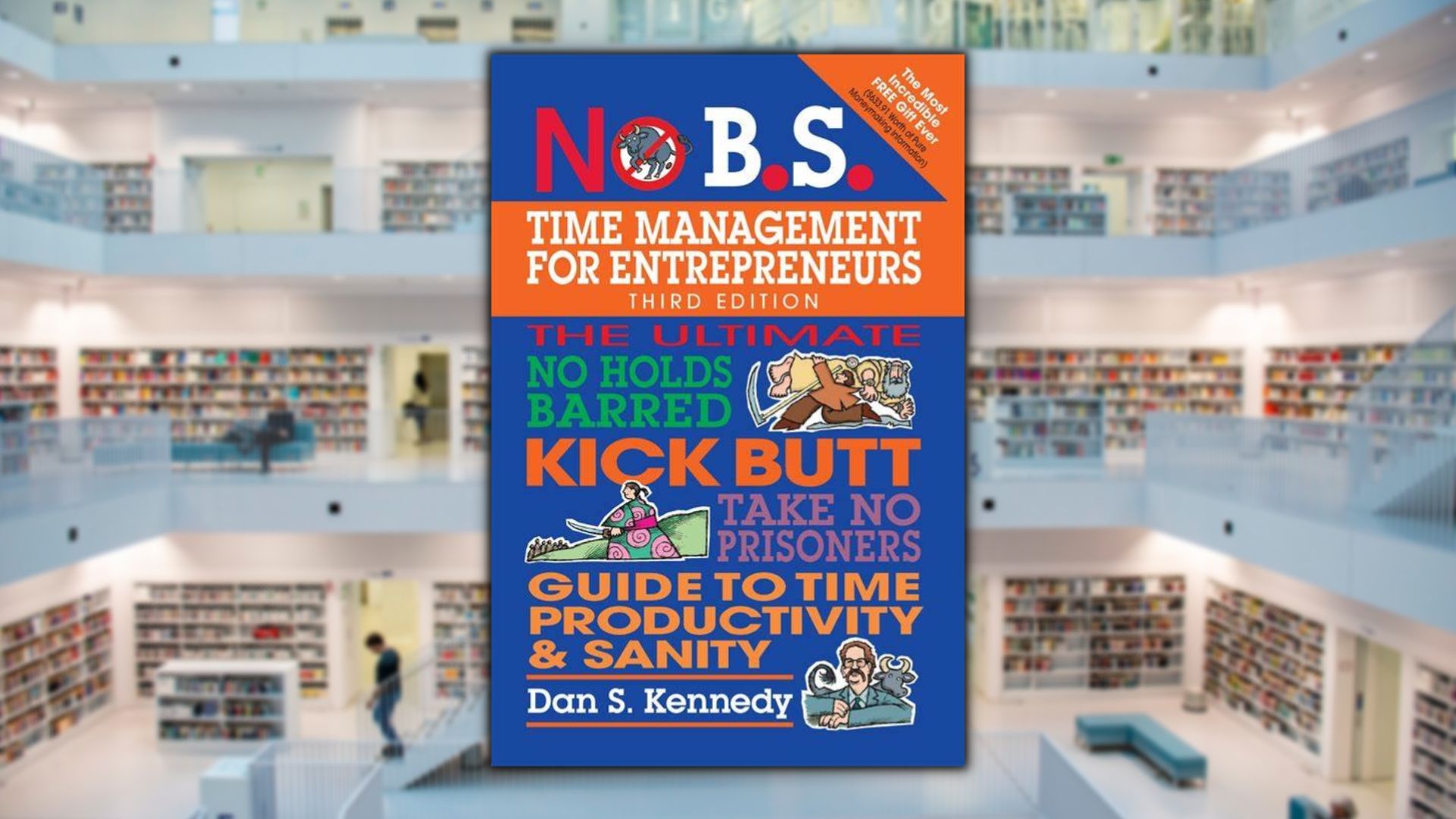
A Sample of My Book Notes from No B.S. Time Management for Entrepreneurs:
“There’s a reason why you can’t find a wall clock in a casino to save your life - those folks stealing your money do not want you to be aware of the passing of time. And that tells you something useful right there: you want to be very aware, all the time, of the passing of time. It is to your advantage to be very conscious of the passage and usage of minutes and hours.”
“The passing of time has stiffened my resolve about safeguarding it, wisely investing it, enjoying it, and bringing wrath upon any who would steal it, waste it, or abuse it.”
“If you don’t know what your time is worth, you can’t expect the world to know it either.”
“I largely prevent this bad behavior by refusing to be personally connected to the internet, use email, own a cell phone, or text at all. My time fortress is free of these holes in its wall.”
“If I were in my office or accessible by cell phone and took these 27 calls as they occurred, and each lasted an average of only 3 minutes - and lots of luck with that! - I would have let loose of 81 minutes; 1 hour and 21 minutes.
But much more importantly, I would be interrupted 27 times. The three minutes given each call would bear an added cost of ten, to get back in gear after each interruption. This equals SIX HOURS OF LOST TIME if you figure 13 minutes times 27 calls.
Further, some of those calls might actually be important but be handled half-assedly - if scheduled and dealt with as the priority of their assigned minutes instead of an irritating interruption, more might come from them.”
“Come to your own conclusions about it all - fax, email, text, and cell phone. But be the master - not the slave.”
Further Reading: Matt Karamazov's Notes from 1,150+ Books
What's Next?

That's it for this issue! But I'll be back soon with more book breakdowns, inspiring thinkers, novel concepts, big ideas, reading tips, and more.
In the next issue, I will also be releasing the breakdown of The Power of Regret, by Daniel Pink, an excellent book about one of our most misunderstood yet potentially most powerful emotions.
Also, if you have any bookish friends that you think would love the Stairway to Wisdom, you can click the button below and share it with them. I mean, what are friends for?
We covered a lot today, and again, thank you very much for joining the Stairway to Wisdom. The whole team is behind you! We all want you to win!
Until next time...and happy reading!
Matt Karamazov

